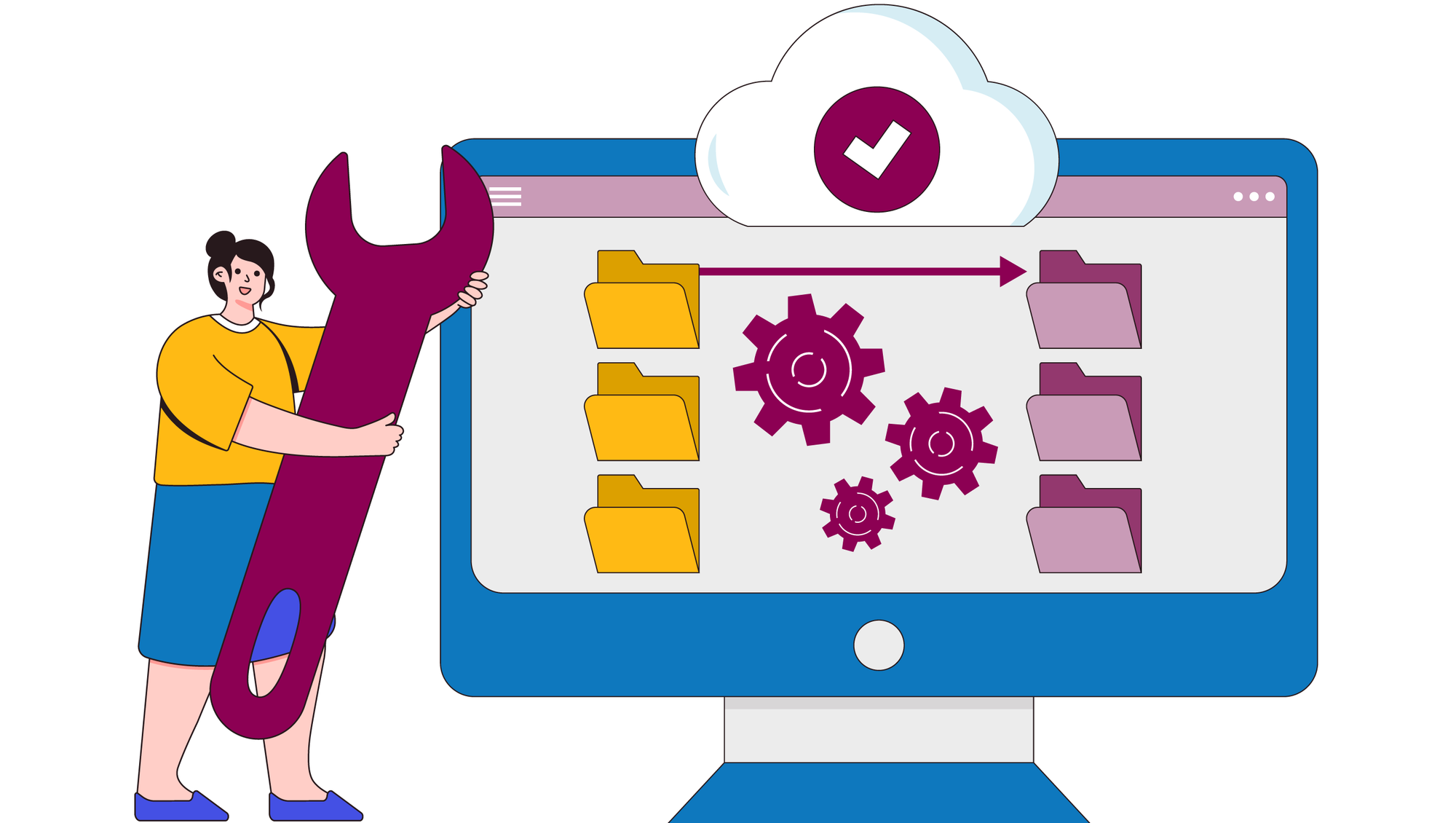4.6 Adaptation of workflows and processes

Due to unexpected or exceptional incidents or situations, it might be necessary and feasible to establish new workflows. The ongoing COVID-19 pandemic is such a situation. Since the beginning of the pandemic in spring 2020, numerous social science studies have been initiated and conducted. They have produced valuable insights into the social, economic and psychological consequences of the pandemic as well as a large amount of re-usable research data. For the repository this might imply adapted workflows, good documentation and enough resources to deal with the different challenges and requirements, especially expediting processes to make data available more quickly.
Against this background, several national data archives have released portals or platforms for accelerating COVID-19 research, so that researchers and the public easily can find, share and work with research data related to the coronavirus. The CESSDA Data Catalogue (CESSDA n.d. [Accessed July 30, 2022c]) has collected the COVID-19 activities from CESSDA service providers (see this list with links) (CESSDA n.d. [Accessed July 30, 2022b]).
National data archives in Austria, Belgium, Czech Republic, Denmark, Finland, France, Germany, Netherlands, Portugal, Slovenia, Sweden, Switzerland, and the United Kingdom provide datasets related to the Coronavirus and the pandemic situation and therefore have established new (panel) survey data or added related questions to already existing panel surveys (often in English and/or the national language). The archives launched fast-track procedures for depositors to be able to offer quick access to the data.
Another transaction that requires the adaptation of workflows and processes is the transfer of a large number of datasets at once to the repository because of a legacy from an institution or individual. Then it might be reasonable that the workflow of the ingest is changed, e.g., in terms of re-prioritizing the data sets, since there is no time pressure to publish the data).